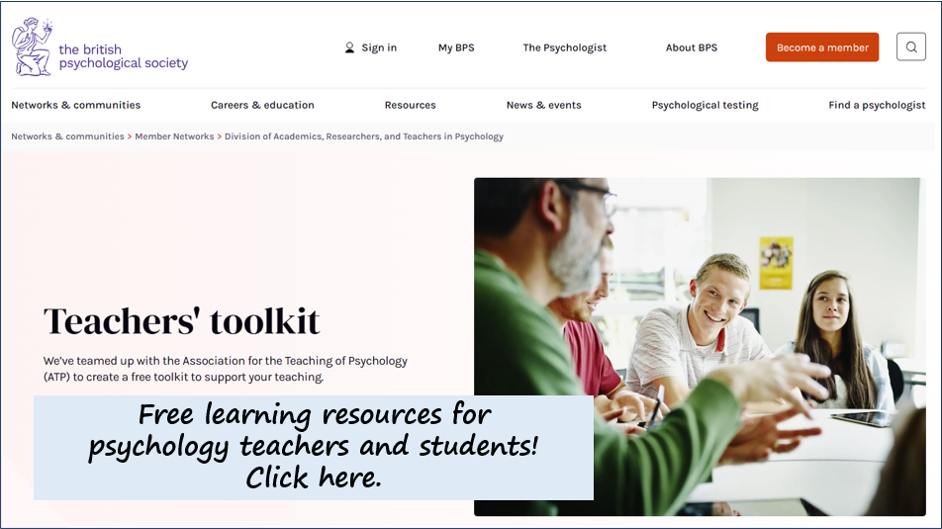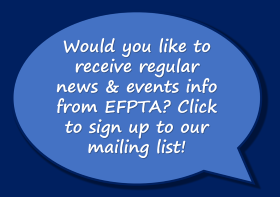

Associations
|
|
Belgium / Flanders
Teaching of psychology in Belgium / Flanders
In Belgium, education is managed by the country’s different communities (the Flemish Community, French Community, and German-speaking Community). Psychology in Secondary Education In Flanders, psychology is first introduced in upper secondary education for students aged 14 to 18, spanning four years. Courses follow the national curriculum, which was revised in 2023. Psychology is a compulsory subject for students in the Society and Welfare track. Within this field, students can choose from three study paths: one that prepares them for higher education (general education), one geared toward the labour market (vocational education), or a path that prepares them for both higher education and the labour market (technical education). Psychology is not commonly offered as an elective subject. In some cases, psychology is part of a cluster subject, integrating content from three disciplines: psychology, educational sciences, and sociology. Occasionally, content from law and political science is also included. Psychology typically represents the largest portion of this cluster. On average, students receive five to seven hours per week of instruction in the cluster subject, which includes psychology. Although the courses adhere to national curriculum standards, teachers and schools have significant autonomy in selecting content, teaching methods, and assessment approaches. Teacher Training To teach psychology at the upper secondary level, a Master’s degree in a relevant field (most commonly psychology or educational sciences) is required, along with a specific teaching qualification, i.e., the Master of Teaching Behavioural Sciences. Professional Association in Belgium / Flanders - the ENIGMA network The ENIGMA network (Educatief Netwerk In Gedrags- en MAatschappijwetenschappen)
unites Flemish teachers of psychology and social sciences. The network focuses
on professional development and collaboration. ENIGMA organizes study days, conferences, and lectures. Additionally, the network shares educational materials and announces relevant events through its Facebook group and LinkedIn page . The network also facilitates teacher collaboration for sharing resources and designing instructional materials.
Contact
|













